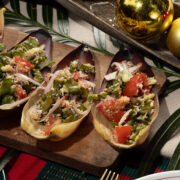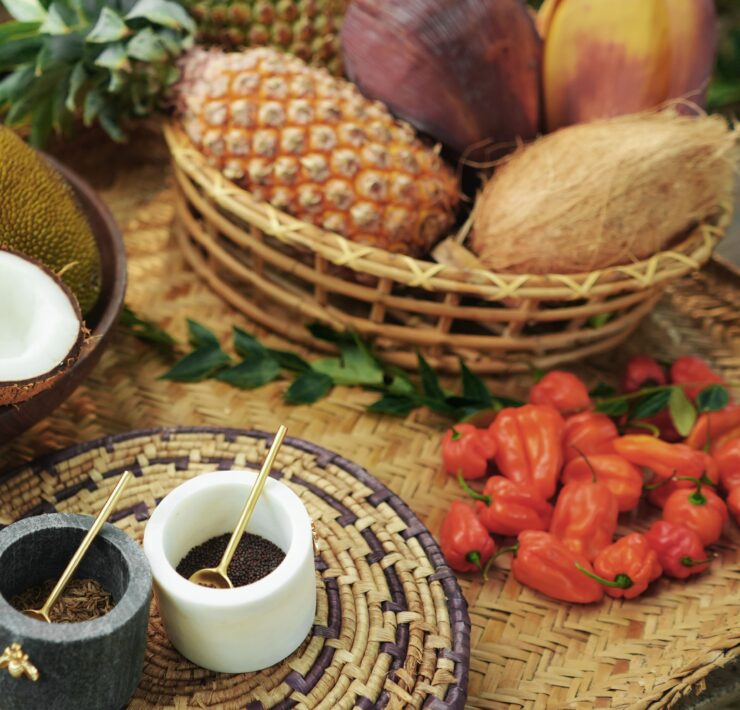Why we love Sri Lankan jackfruit
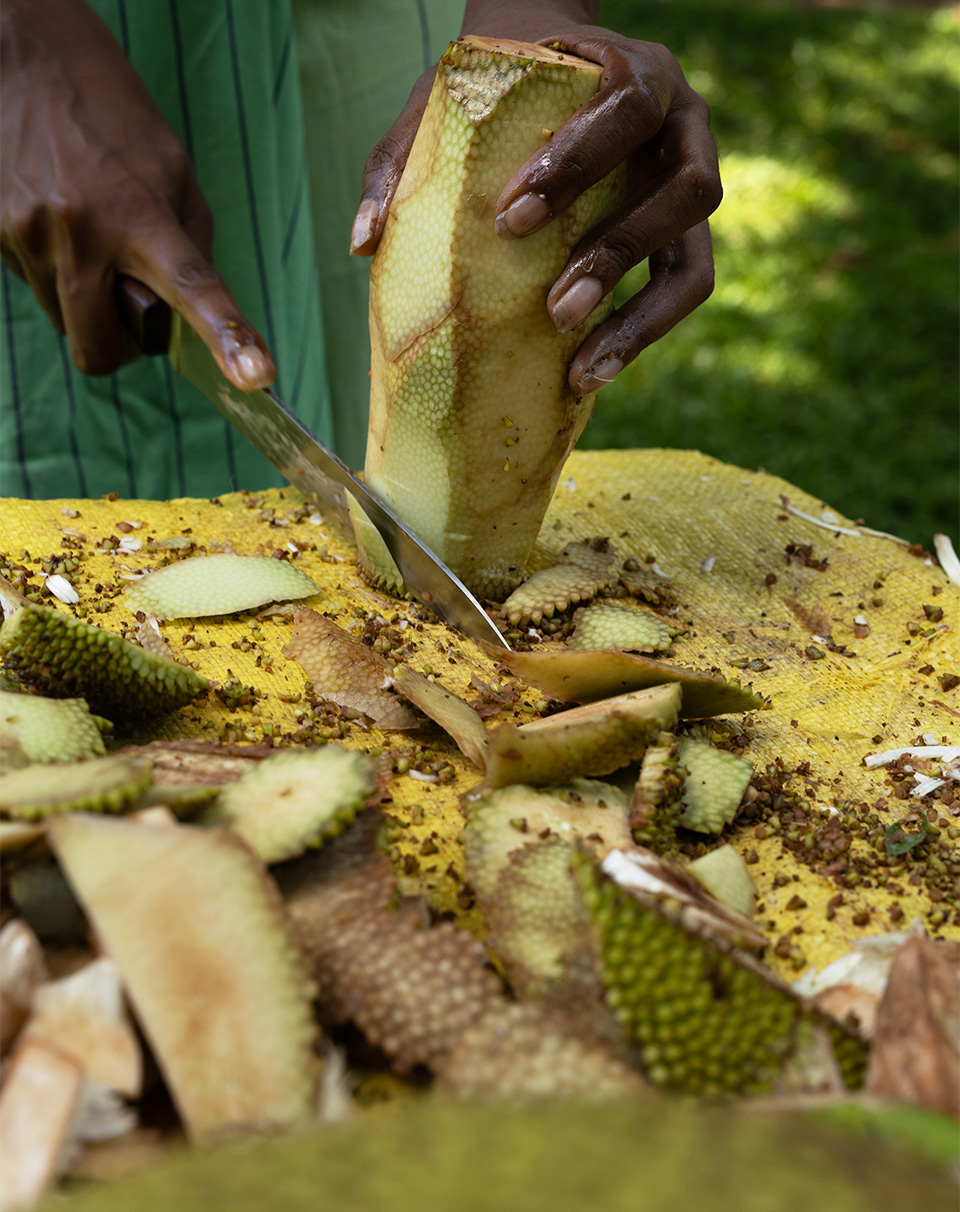
This versatile fruit jump started our journey to tin the tropics
Jungle Kitchen is proudly born and bred in the south side of Asia. We’ve always had a fondness for tropical produce, but the beautiful fruits and vegetables intrinsic to our region rarely ever get the same level of publicity as their western counterparts.
Where, we wondered, are the Perigord truffles, Yubari melons, and Sicillian oranges of our world? Where do the best varieties of the fruits and vegetables intrinsic to our region’s cooking and cuisine grow?
These questions are what we set out to answer – and we decided to start with jackfruit
The star of the show
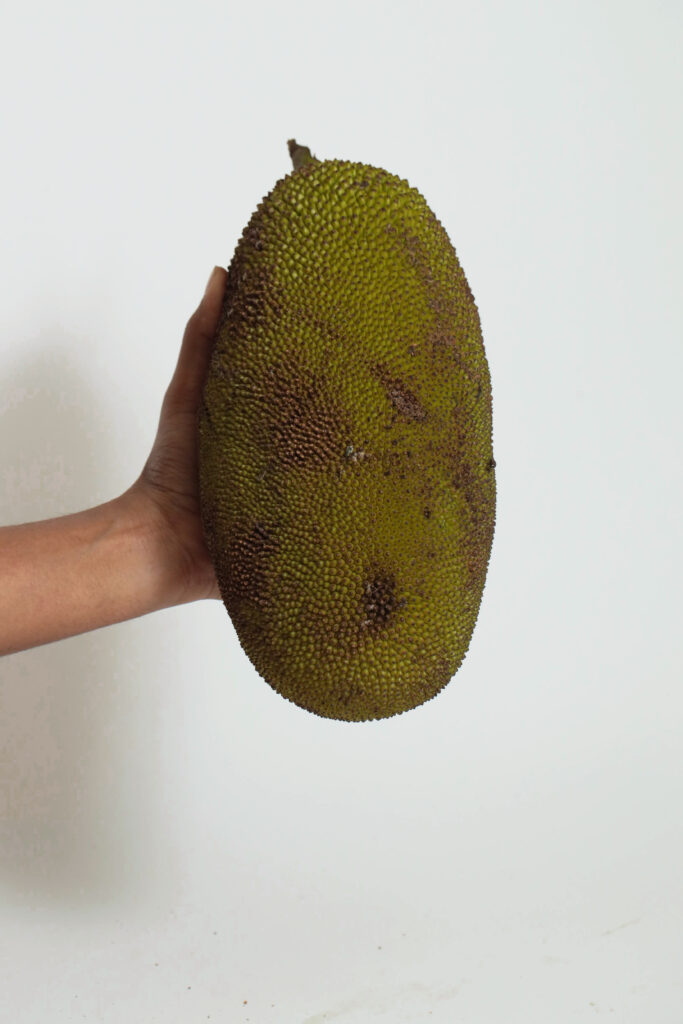
Our launch products prominently feature jackfruit. Not just any jackfruit, but young jackfruit – also known as polos – from Sri Lanka. We believe it’s the best in the world, and we’re only slightly biased.
While it isn’t known precisely where jackfruit is indigenous to in the tropical world, it has grown in Sri Lanka since time immemorial. Sri Lanka’s tropical climate, rich soils, and abundant rain make the island an ideal environment for jackfruit trees. They are virtually never grown in large plantations and typically come from home gardens and/or are foraged from mature forests.
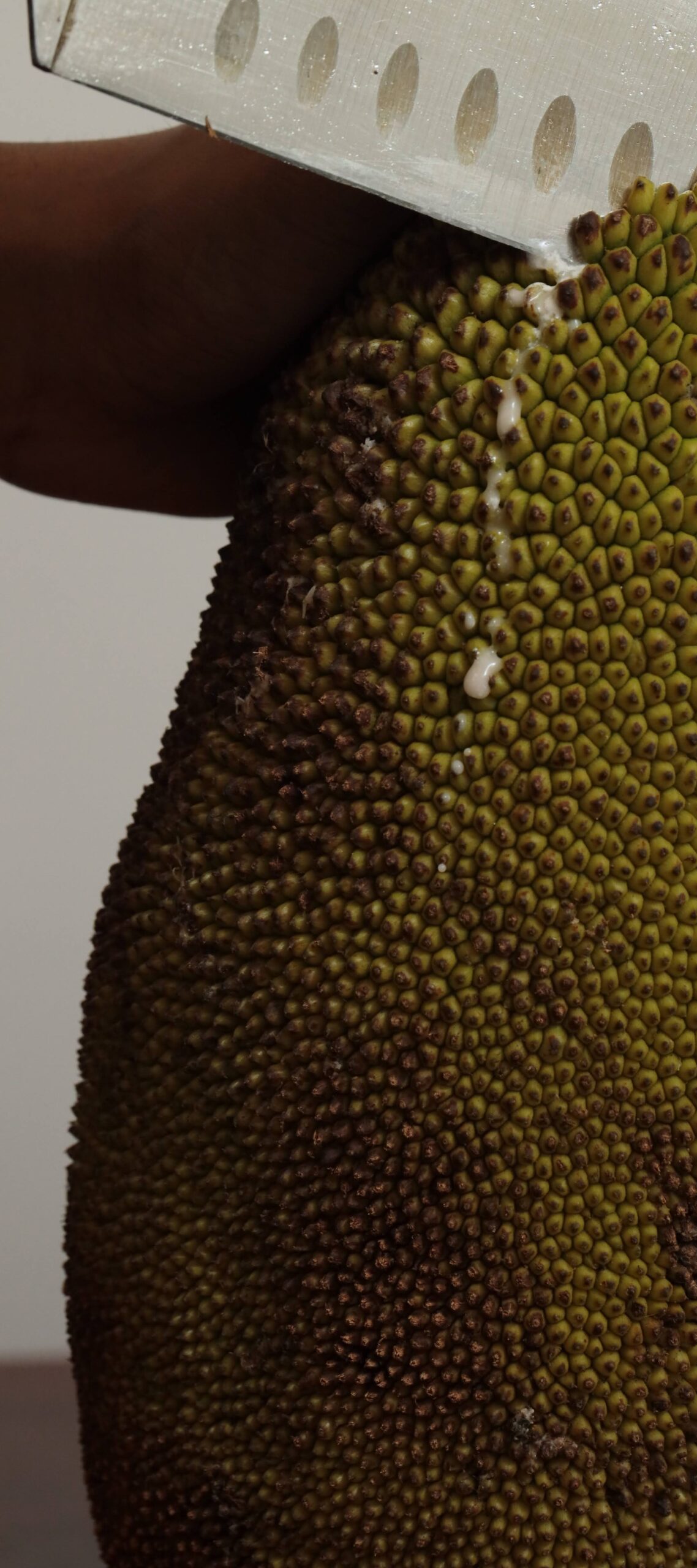
Sri Lankan farmers are adept at harvesting jackfruits at precisely the right time. It’s when the fruit has a subtle pink tinge and the meatiest consistency; before the flesh matures into the sweet, butter-yellow pods more common in the rest of Southeast Asia. This knowledge is what really sets Sri Lankans apart form the rest when it comes to jackfruit expertise.
Why Sri Lanka loves jackfruit, and why we’re so good at preparing it
Locals call the jackfruit trees bath gasa, or ‘rice tree’ because historically, the jackfruits they bore supplanted rice as a primary food source for Sri Lankans during periods of conflict.
Did you know that a single mature jackfruit tree can produce over 100kg of fruit per month? Perhaps because of this history and abundance, the people of the island have come up with hundreds of different preparation styles for jackfruit.
Sri Lankan cuisine makes more use of young jackfruit (polos) than any other cuisine in the world. Beyond its ubiquity and its role in the island’s history, it has also been a staple because of the island’s deep Buddhist heritage. For religious reasons, meat typically isn’t served at temples or during Buddhist festivals. This is where jackfruit, with its extraordinarily rich, juicy, and meaty texture, shines as a meat alternative – it’s often the star ingredient of many Sri Lankan dishes.
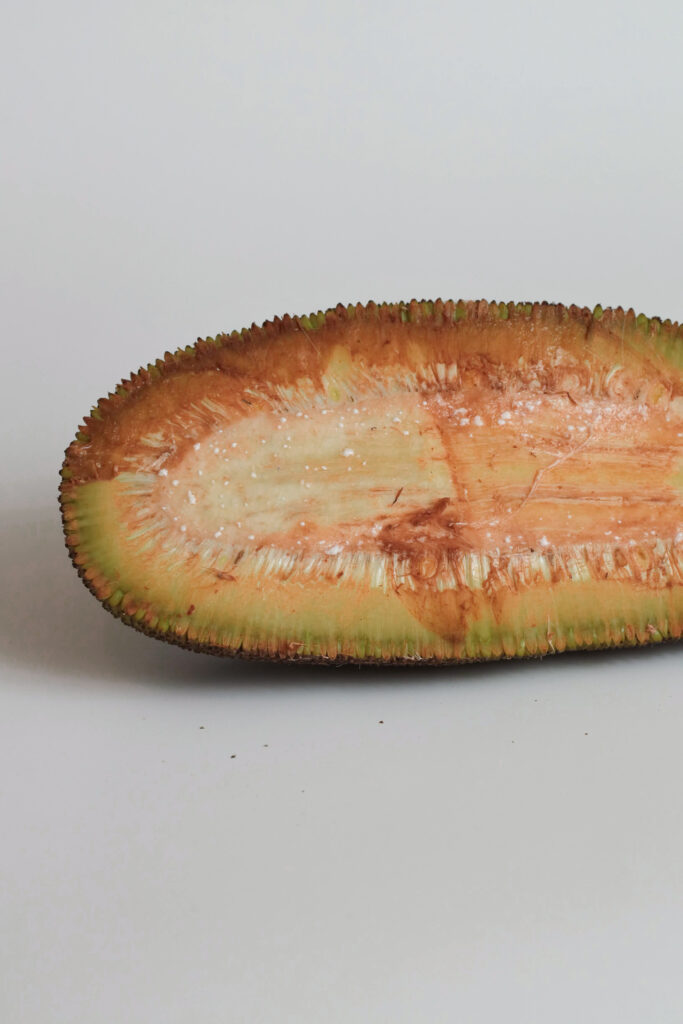
Besides the obvious charms of jackfruit flesh, it’s also worth noting that nothing of a jackfruit goes to waste in Sri Lanka. The seeds can be used to make extraordinarily delicious nutty treats. Even the fibrous portions of the skin are used in some dishes. Almost every Sri Lankan family grows jackfruit in their gardens, and so every family will have their own distinct jackfruit recipe.
Jackfruit and our fruitful mission
The quality of the soil in Sri Lanka’s rich habitats, the sheer diversity of preparation styles, and the deep connection between the people and the produce is what really makes Sri Lankan jackfruit the best in the world. We believe it has incredible potential in all things cuisine, and that’s why we’re so keen to share it with you.
But while jackfruit may have opened the door, it’s far from the only tropical produce that we think deserves due recognition. Our mission is to introduce all these beautiful tropical fruits and vegetables to the world and give them their day in the sun. We hope you’ll discover a new love for these treasures of the tropics – just as we have.


